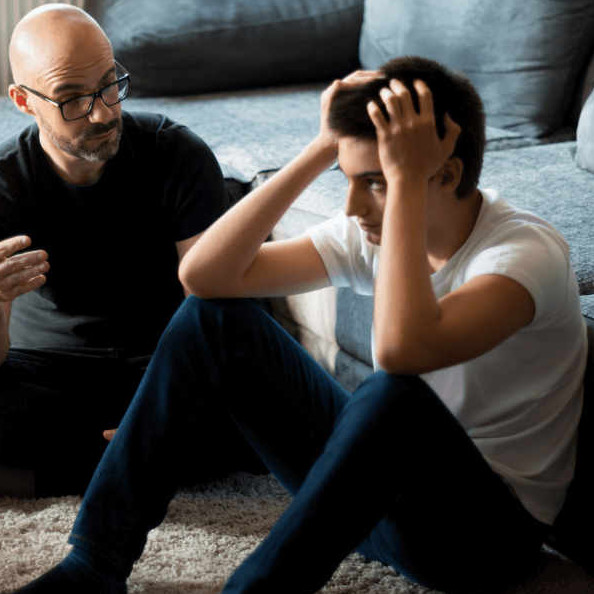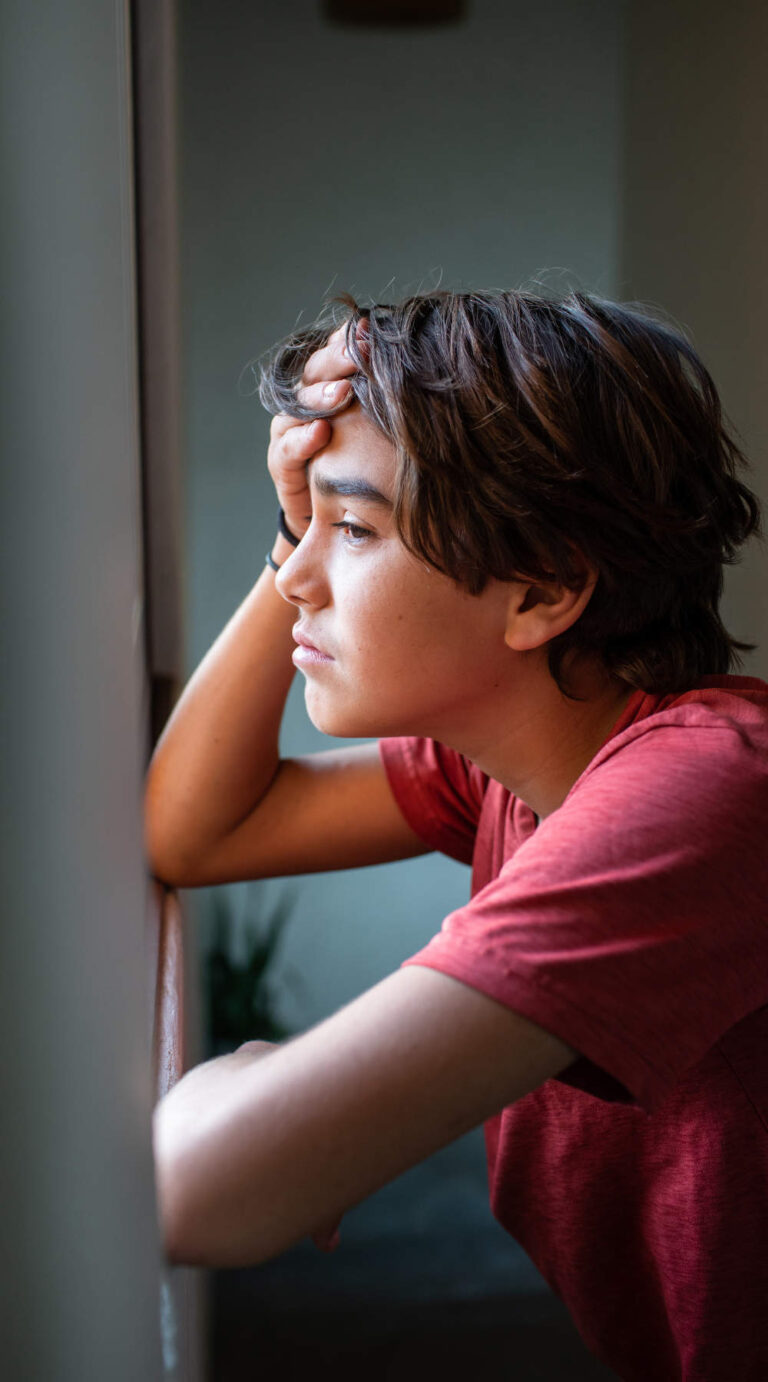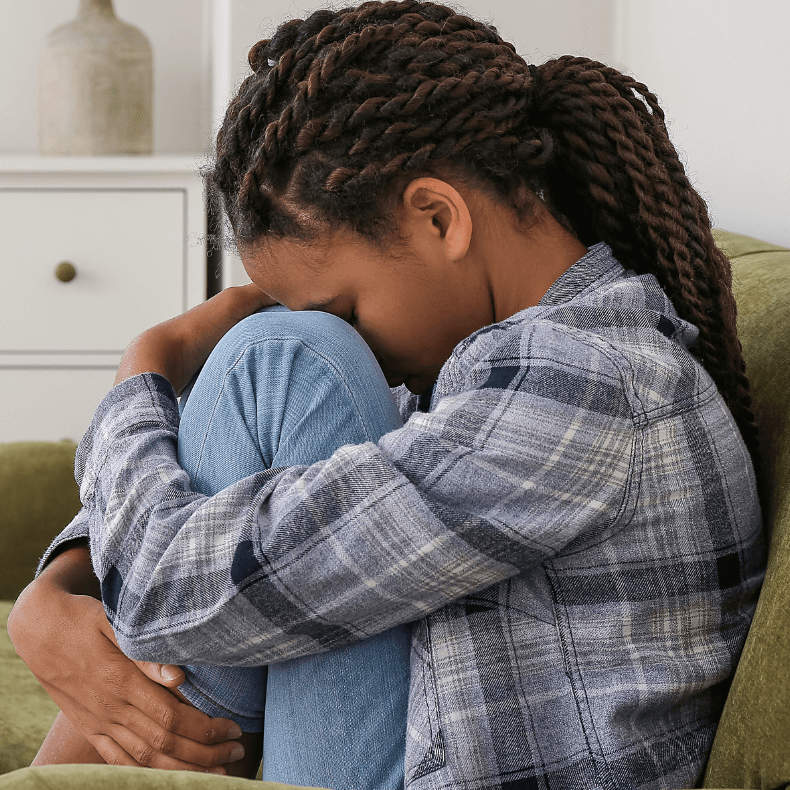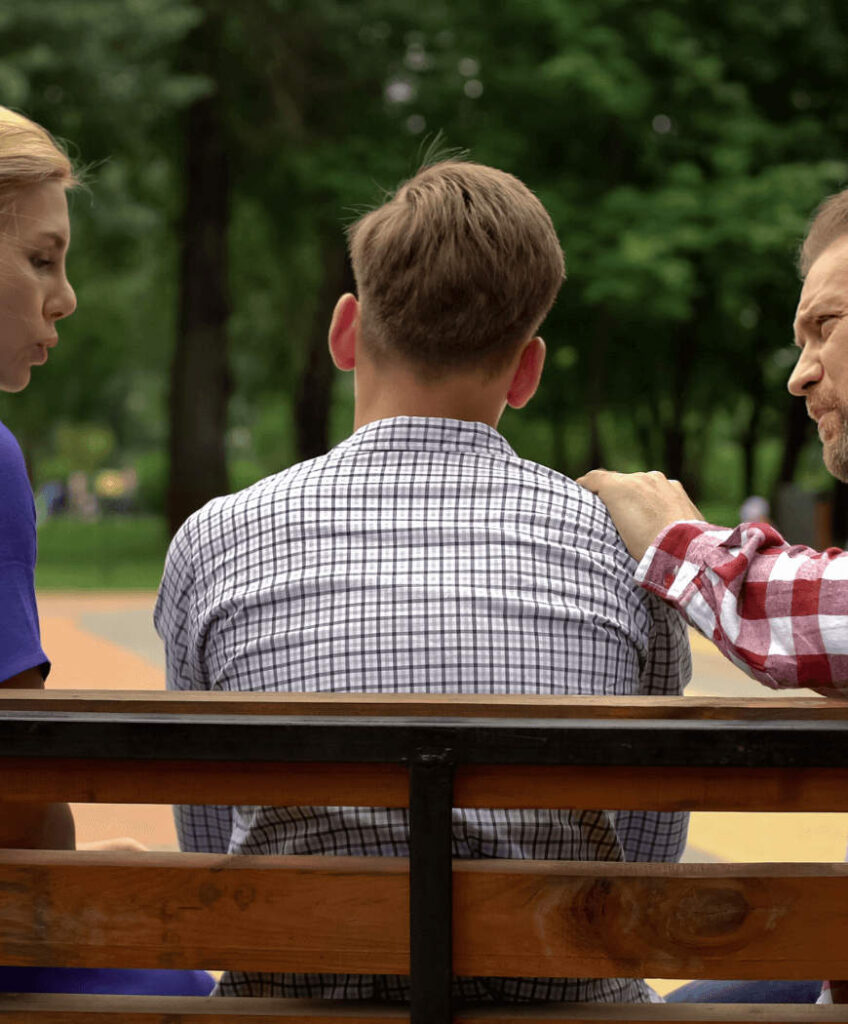Table of Contents
- Learning About Depression in Young Adults
- What is a Depression Treatment Center for Young Adults?
- What Are the Signs and Symptoms of Depression in Young Adults
- Does Health Insurance Cover Depression Therapy for Young Adults?
- Which Health Insurance Providers Cover Depression Treatment for Emerging Adults?
- Contact Breakthrough by Basepoint Today
- How to Find a Depression Treatment Center for Young Adults Near Me
- How Much Does Depression Treatment for Young Adults Cost in Dallas, Texas?
- What Are the Different Types of Clinical Depression in 18 to 28-Year-Olds?
- Major Depressive Disorder (MDD) Among Young Adults
- Partial Hospitalization Programs (PHP)
- Persistent Depressive Disorder (Dysthymia) Among Emerging Adults
- Bipolar Disorder (Bipolar Depression) Among Young Adults
- Seasonal Affective Disorder (SAD) Among Emerging Adults
- Atypical Depression Among Emerging Adults
- Early-Onset Depression Among Young Adults
- Types of Treatment Programs for Young Adults with Depression
- Types of Depression Therapy and Counseling for 18 to 28-Year-Olds
- Psychodynamic Therapy Techniques to Combat Depression
- Cognitive Behavioral Therapy (CBT) to Combat Depression
- Dialectical Behavior Therapy (DBT) to Combat Depression
- Experiential Therapy to Combat Depression
- Family Therapy for Young Adults with Depression
- Group Therapy for Emerging Adults with Depression
- Individual and Person-Centered Therapy to Combat Depression
- What is a Depression Treatment Program Admissions Process for Young Adults?
- Statistics on Depression in Young Adults in Texas Nationally
- Effective Depression Treatment for Young Adults With Breakthrough by BasePoint
Depression Treatment Center for Young and Emerging Adults in Dallas, Texas
Learning About Depression in Young Adults
Depression in early adulthood presents a complex and often challenging scenario. This transitional phase of life is a pivotal period marked by significant changes in responsibilities, social dynamics, and personal identity. Moreover, societal pressures, academic demands, and economic uncertainties add additional stress, making the young Millennial Generation and Generation Z particularly susceptible to developing depressive symptoms.
The causes of depression are influenced by a myriad of factors spanning biological, psychological, and environmental elements. This tech-savvy generation also faces the pervasive influence of social media, which further complicates the landscape, fostering unrealistic comparisons and a sense of disconnection, all of which can contribute to feelings of isolation and low self-worth.
Columbia University Irving Medical Center reports that nearly one in ten Americans experience depression, with prevalence notably elevated among young adults. Addressing the signs of depression in young adults necessitates a multifaceted approach that encompasses both individual and systemic interventions. Early detection and intervention are crucial, as untreated depression can significantly impair academic, social, and occupational functioning, with potential long-term consequences.
Providing accessible mental health resources, destigmatizing seeking help, and promoting healthy coping mechanisms are essential steps in managing depression, fostering resilience, and ultimately, overcoming depression. Fortunately, there are many depression treatment options available. Contact us to learn more about BreakThrough by BasePoint, our mental health treatment program specifically tailored for this demographic.
What is a Depression Treatment Center for Young Adults?
A depression treatment center for young adults is a specialized facility that offers comprehensive care and support specifically tailored to address the unique mental health needs of individuals in this age group. These centers provide a range of evidence-based treatments and therapies aimed at managing depression symptoms and promoting long-term recovery.
At BreakThrough by Basepoint, our treatment approach is holistic, addressing not only the symptoms of depression but also underlying factors contributing to your mental health struggles. Additionally, our supportive, nurturing environment provides an opportunity to connect with peers facing similar challenges, fostering a sense of community and understanding throughout the recovery process—call (972) 357-1749 to speak with a compassionate admissions specialist today.
Young Adult Depression Admissions & Intake
Our free assessment with a licensed clinician will provide you with a recommendation for the appropriate level of care for young adults struggling with their depression. We can also check your insurance coverage levels.
Call us today to schedule a same day assessment at (972) 357-1749 or fill out our inquiry form.
Find Out About Our Depression Admissions
What Are the Signs and Symptoms of Depression in Young Adults
Identifying the signs of depression in young adults is essential for early intervention and proper support. While everyone experiences sadness or low mood from time to time, persistent and intense feelings of despair, hopelessness, or emptiness can indicate a more serious underlying issue. Understanding depression can manifest in various ways, affecting your emotional, cognitive, and physical well-being, is often vital.
Emotional symptoms of depression in young adults often include persistent feelings of sadness, worthlessness, or guilt. One may experience frequent bouts of crying, irritability, or anger, even in seemingly minor situations. A loss of interest or pleasure in activities once enjoyed is another hallmark sign, with affected individuals withdrawing from social interactions and hobbies they once found fulfilling. Additionally, depression can lead to heightened sensitivity to criticism, self-criticism, or a pervasive sense of despair about the future.
Cognitive symptoms of depression may manifest as difficulty concentrating, making decisions, or remembering details. Young adults with depression may experience negative or distorted thinking patterns, such as persistent self-doubt, pessimism, or a sense of being trapped in their circumstances. They may also struggle with intrusive thoughts of self-harm or suicide, which should always be taken seriously and addressed with immediate support and professional intervention. Please Dial 988 if you or someone you know is exhibiting signs or symptoms of self-harm or suicide.
Physiological symptoms in young adults with depression can include changes in sleep patterns, such as insomnia or excessive sleeping, as well as fluctuations in appetite and weight. Fatigue, lethargy, or a lack of energy are also common, making engaging in daily activities or maintaining a routine challenging. Physical aches and pains, digestive issues, or headaches without a clear medical cause may also accompany depression, further contributing to the overall distress experienced by young adults struggling with this mental health condition.
Some of the common signs and symptoms of depression are outlined below:
- Persistent feelings of sadness, hopelessness, or emptiness
- Loss of interest or pleasure in previously enjoyed activities
- Changes in appetite or weight
- Sleep disturbances, such as insomnia or oversleeping
- Fatigue or lack of energy
- Difficulty concentrating, making decisions, or remembering details
- Irritability, anger, or excessive mood swings
- Withdrawal from social interactions and hobbies
- Thoughts of self-harm or suicide
Does Health Insurance Cover Depression Therapy for Young Adults?
Yes, health insurance often covers depression therapy for young adults, but coverage varies. Most insurance providers are mandated to include mental health services as part of their coverage, including therapy sessions for depression and anxiety. However, it’s essential to review your insurance policy to understand the specifics of your coverage, including any copayments, deductibles, or limitations.
Understanding your insurance coverage is crucial to accessing affordable depression therapy and making informed decisions about your mental health. Navigating insurance coverage specifics can be challenging; call (972) 357-1749 for assistance or check your insurance via our convenient and confidential online form so you can access the therapy you need to manage depression effectively.
Which Health Insurance Providers Cover Depression Treatment for Emerging Adults?
Major health insurance providers, such as Blue Cross Blue Shield, UnitedHealthcare, Aetna, Cigna, and Carelon Behavioral Health, commonly cover depression treatment for emerging adults. These insurers often offer a range of plans with varying levels of coverage and depression treatment options, including therapy and medications.
When choosing a health insurance provider for depression treatment, review each plan carefully. Consider deductibles, copayments, coverage limitations, and access to mental health professionals. By comparing different providers, you can select a plan that meets your needs as an emerging adult.
How Much Does Depression Treatment for Young Adults Cost in Dallas, Texas?
The cost of depression treatment for young adults in Dallas, Texas, can vary depending on factors such as the type of treatment, duration, location, and insurance coverage. Out-of-pocket expenses for therapy sessions, medication, or residential treatment programs may range from hundreds to thousands of dollars, while the average individual psychotherapy session is $100 to $200.
Many insurance plans cover mental health services, including depression treatment, which can significantly reduce costs for individuals seeking care. Additionally, treatment centers may offer financial assistance programs or payment plans based on income to make services more accessible. Researching different treatment providers and discussing payment options with them can help you find affordable options tailored to your needs and budget.
To determine the cost of depression treatment in Dallas, review your insurance policy or contact us to understand your coverage options. Our helpful representatives can provide a more accurate assessment of expenses related to your specific treatment needs.
Contact Breakthrough by Basepoint Today
Contact us today to schedule a free confidential assessment for your teen with a licensed clinician.
You can also get in touch to talk with our mental health experts about treatment needs, care options and your insurance coverage levels.
Call: (972) 357-1749Check Your InsuranceBreakthrough by BasePoint Accepts Health Insurance For Young Adults
We accept most major health insurance providers in Texas and can check your treatment coverage levels on your behalf
How to Find a Depression Treatment Center for Young Adults Near Me
BasePoint is proud to offer multiple treatment centers in and around Dallas, Texas. BreakThrough by BasePoint is exclusively designed for young adults coming of age, career starters, and college students. Through targeted, evidence-based interventions, we address mental health issues at their root so you can rest assured your youthful ambitions will be realized without the burden of psychological challenges.
- Arlington, Texas: 3900 Arlington Highlands Blvd, Suite 237, Arlington, TX 76018
- Forney, Texas: 713 W Broad St, Suite 200, Forney, TX 75126
- McKinney, Texas: 4733 Medical Center Drive, McKinney, TX 75069

If you’re struggling with your mental health or depression, specifically, finding the right treatment center can be a vital decision. Here is a step-by-step guide to help you find a treatment center near you that specializes in depression treatment for young adults:
- Begin by searching the web using terms like “emerging adults depression treatment near me” or “young adults depression treatment programs in [your location name], Texas.” To narrow your search results, Specify your location, such as Arlington, McKinney, or Downtown Dallas.
- Look for centers that offer evidence-based, individualized, and holistic care. Evidence-based care means that treatment is backed by scientific research, ensuring effectiveness. Individualized care tailors treatment to your unique needs and holistic care addresses the whole being: physical, mental, emotional, social, and spiritual.
- Check the accreditation of the center. Accredited centers have undergone rigorous evaluation and meet high standards of care, assuring quality treatment.
- Consider the center’s location. Choosing one close to home can make it easier to access care and involve family members in the treatment process.
- Read reviews and testimonials from others who have received care at the center. This can offer insights into the quality of care and the staff’s experience.
- Contact the center directly to inquire about their programs, services, and insurance options. Many centers offer free assessments to help you decide about your treatment options.
How Much Does Depression Treatment for Young Adults Cost in Dallas, Texas?
The cost of depression treatment for young adults in Dallas, Texas, can vary depending on factors such as the type of treatment, duration, location, and insurance coverage. Out-of-pocket expenses for therapy sessions, medication, or residential treatment programs may range from hundreds to thousands of dollars, while the average individual psychotherapy session is $100 to $200.
Many insurance plans cover mental health services, including depression treatment, which can significantly reduce costs for individuals seeking care. Additionally, treatment centers may offer financial assistance programs or payment plans based on income to make services more accessible. Researching different treatment providers and discussing payment options with them can help you find affordable options tailored to your needs and budget.
To determine the cost of depression treatment in Dallas, review your insurance policy or contact us to understand your coverage options. Our helpful representatives can provide a more accurate assessment of expenses related to your specific treatment needs.
What Are the Different Types of Clinical Depression in 18 to 28-Year-Olds?
A spectrum of manifestations of clinical depression exists in 18 to 28-year-olds, each with distinct characteristics and implications. While the following examples provide insight into the diverse types of depressive disorders within this demographic, they do not constitute a complete list. It’s also important to note that early intervention can make a significant difference when coping with depression.
Major Depressive Disorder (MDD) Among Young Adults
Major Depressive Disorder (MDD) among young adults is a significant mental health concern, affecting about 18.6% of 18 to 25-year-olds in 2021. MDD is characterized by relentless feelings of sadness, hopelessness, and loss of interest or pleasure in activities once enjoyed. It can severely disrupt daily functioning, impacting relationships, academic performance, and overall well-being.
Partial Hospitalization Programs (PHP)
Partial Hospitalization Programs (PHPs) present a structured yet less demanding option than inpatient care. PHPs operate during the day and deliver comprehensive treatment while permitting participants to return home in the evenings. Typically, PHPs comprise psychotherapy sessions, medication management, educational support, and personalized skill-building activities to address each individual’s unique needs.
By offering intensive treatment while allowing one to maintain connections with a supportive social network and community, PHPs proactively support mental wellness. A PHP provides stability while promoting progress in the recovery journey. Contact us to learn more about our partial hospitalization program for young adults at BasePoint Academy.
Persistent Depressive Disorder (Dysthymia) Among Emerging Adults
Persistent Depressive Disorder (Dysthymia) among emerging adults is a prolonged state of low-grade depression characterized by persistent sadness or disinterest lasting for at least two years. Interestingly, dysthymia occurs at a similar frequency to Major Depressive Disorder (MDD). While not as intense as MDD, it can still significantly impact daily life and functioning.
Bipolar Disorder (Bipolar Depression) Among Young Adults
The prevalence of bipolar disorder among young adults rose from 79.21 per 100,000 population in 1990 to 84.97. Characterized by alternating periods of depressive episodes and manic highs that can disrupt relationships, academic or professional pursuits, and overall stability, bipolar disorder necessitates early diagnosis and appropriate treatment.
Seasonal Affective Disorder (SAD) Among Emerging Adults
Seasonal Affective Disorder (SAD) is characterized by recurrent episodes of depression that occur at a specific time of the year, typically during fall and winter, when reduced exposure to sunlight can disrupt the body’s internal clock and serotonin levels. Emerging adults experiencing SAD may notice symptoms like low energy, oversleeping, appetite changes, and a persistent feeling of sadness or hopelessness.
Atypical Depression Among Emerging Adults
Atypical depression presents with distinct symptoms like mood reactivity, meaning moods can temporarily lift in response to positive events. Additionally, individuals may have increased appetite or weight gain, excessive sleepiness, and a sensation of heaviness in their limbs. Prevalence rates vary based on criteria, methodology, and settings, with clinical studies demonstrating a prevalence of 18%–36% in depressed patients.
Early-Onset Depression Among Young Adults
Early-onset depression among young adults is a concerning phenomenon characterized by the manifestation of depressive symptoms at a young age, typically before reaching adulthood. These symptoms can significantly impact multiple aspects of life, including academic performance, social relationships, and overall well-being. In retrospective studies, approximately half of adult patients reported that their initial depressive episode occurred before age twenty.


Types of Treatment Programs for Young Adults with Depression
Navigating depression treatment options as a young adult can be overwhelming. Understanding the types of treatment programs available can help you make informed decisions about your mental healthcare. Explore the below for further insight, and call (972) 357-1749 to schedule a free assessment to determine the most appropriate program for your treatment needs.
Partial Hospitalization Program for Young Adult Depression
A Partial Hospitalization Program (PHP) for depression in young adults offers intensive treatment and support while allowing you to return home at the end of each day. This program typically involves structured therapy sessions, including individual depression counseling, group therapy, depression medications (if necessary), and psychiatric evaluations tailored to address your specific needs and challenges.
PHPs provide a supportive environment where you can receive comprehensive care, learn coping skills, and develop strategies for managing depression effectively. If you’re struggling with depression but don’t require 24-hour supervision, a PHP could be a beneficial option to consider on your journey toward recovery.
Intensive Outpatient Program for Young Adult Depression
An Intensive Outpatient Program (IOP) for young adult depression offers structured treatment and support while allowing you to continue living at home and attending to your daily responsibilities. This program typically includes a combination of frequent individual therapy, group counseling, and psychiatric care tailored to address the unique challenges one faces with depression.
IOPs provide flexibility, allowing you to receive comprehensive treatment while still maintaining your work, school, or family commitments. If you’re seeking a more intensive level of care than traditional outpatient therapy but don’t require round-the-clock supervision, an intensive outpatient program could be a valuable option for managing depression.
Crisis Stabilization Services for Young Adult Depression
Crisis stabilization services cater to young adults experiencing acute episodes of depression-related distress. They offer immediate, intensive care to de-escalate situations, stabilize symptoms, and ensure safety, often including psychiatric assessment, medication management, and brief therapeutic interventions. These services are vital for navigating mental health crises, providing essential support and guidance during challenging times, and facilitating a pathway toward long-term recovery.
Types of Depression Therapy and Counseling for 18 to 28-Year-Olds
Exploring therapy and counseling options for young adults can be a crucial step in managing depression and promoting mental well-being. Various therapeutic approaches are tailored to address this demographic’s unique needs and challenges. While not a complete list, below are some examples of depression therapy and counseling specifically designed to support individuals in this age group.
Psychodynamic Therapy Techniques to Combat Depression
Psychodynamic therapy offers valuable techniques to combat depression by delving into underlying emotional conflicts and patterns of behavior. Through exploration of past experiences and unconscious thoughts, this therapy helps uncover the root causes of depression, providing insight into how past events may influence current feelings of sadness or despair.
Techniques such as free association, dream analysis, and exploring the therapeutic relationship can help you better understand your emotions and develop healthier coping mechanisms. You can make meaningful changes by addressing unconscious conflicts and working through unresolved issues, improving mood and overall well-being. If you’re seeking a therapy approach that explores the deeper layers of your psyche to combat depression, psychodynamic therapy may offer valuable insights and tools for your journey toward healing.
Cognitive Behavioral Therapy (CBT) to Combat Depression
Cognitive Behavioral Therapy (CBT) offers practical tools to combat depression, challenging negative thoughts that contribute to feelings of sadness or hopelessness and replacing them with more realistic ones. Additionally, CBT incorporates behavioral strategies like activity scheduling, encouraging you to engage in enjoyable activities even when motivation is low.
With its structured approach, CBT equips you with practical skills to manage depression effectively and regain control over your life while significantly reducing symptoms of depression.
Dialectical Behavior Therapy (DBT) to Combat Depression
Dialectical Behavior Therapy (DBT) focuses on emotion regulation skills, coping with distress, and improving interpersonal relationships. Through a combination of individual therapy, group skills training, and phone coaching, DBT provides practical tools to navigate the challenges of depression. Mindfulness techniques, emotion regulation strategies, and practical interpersonal communication skills can help you develop resilience and enhance your overall well-being.
Experiential Therapy to Combat Depression
Experiential therapy provides hands-on experiences beyond traditional talk therapy. As a young adult navigating depression, experiential therapy allows you to explore emotions, express yourself creatively, and develop coping skills in a supportive environment. Activities such as art therapy, music therapy, or outdoor adventures provide opportunities for self-discovery and emotional expression that can uncover underlying issues and build resilience.
Family Therapy for Young Adults with Depression
Family therapy provides a supportive environment to address familial dynamics and strengthen relationships. In family therapy sessions, you and your loved ones work together to explore how family interactions and communication patterns may impact your mental health. Through open dialogue and guided exercises, you can address underlying issues, improve understanding, and foster healthier ways of relating to one another.
Family therapy not only provides essential support but also encourages collaboration among family members, enhancing your overall support network and resilience in managing depression.
Group Therapy for Emerging Adults with Depression
Group therapy can be a beneficial option when dealing with depression, offering a supportive environment to connect with peers facing similar challenges. In group therapy and depression support groups, you can share your experiences, gain perspective, and learn coping strategies from others in a similar situation, fostering camaraderie and validation. It can also reduce feelings of isolation often associated with depression.
Individual and Person-Centered Therapy to Combat Depression
Individual and person-centered therapy offers personalized approaches to combatting depression tailored to your unique needs. In individual sessions, you work one-on-one with a therapist to explore thoughts, feelings, and behaviors related to depression. Person-centered therapy fosters a supportive and empathetic relationship, helping you gain insight, develop coping strategies, and work toward positive change.

What is a Depression Treatment Program Admissions Process for Young Adults?
Navigating the admissions process for a depression treatment program doesn’t have to be overwhelming. From initial contact to progress monitoring, each step is tailored to your needs and provides specialized care, guiding you toward healing and recovery. While the process will vary from one program to the next, below is a general overview of what you can expect:
- Initial Contact: You’ll begin by contacting the treatment center, either by phone or online, to express your interest in seeking help for depression.
- Assessment and Evaluation: Upon contacting the center, you’ll undergo a comprehensive assessment and evaluation to determine the severity of your condition and identify any co-occurring mental health or substance use concerns.
- Insurance Verification and Coverage: The center will check your insurance coverage, if applicable, to determine what services are covered and any out-of-pocket costs you may incur.
- Treatment Plan Development: A personalized treatment plan will be developed to address your specific needs and goals based on the assessment results.
- Admissions Coordination: The admissions team will guide you through scheduling intake appointments, completing paperwork, and arranging for admission to the program.
- Orientation and Program Introduction: Upon admission, you’ll receive an orientation and introduction to the program, including an overview of the treatment modalities, expectations for participation, and facility guidelines and rules.
- Active Participation in Treatment: You’ll actively participate in treatment, group activities, and other interventions as outlined in your personalized treatment plan.
- Progress Monitoring and Adjustments: Throughout the program, your progress and treatment plan will be monitored, and adjustments will be made (as needed) to ensure optimal outcomes in managing depression.
Statistics on Depression in Young Adults in Texas Nationally
- Out of 1,000 participants in the Texas Youth Depression and Suicide Research Network, approximately 5% of individuals aged 18 and above disclosed attempting suicide at least once.
- From 2014 to 2018, young adults in Texas observed a rise in depressive symptoms. Individuals identifying as female, Hispanic, AAPI, other race/ethnicity, or LGBTQ+ reported experiencing higher levels of depressive symptoms.
- In Texas, one out of every 13 adults encounters a major depressive episode, with young adults (18–25) exhibiting a higher prevalence of mental illness (30.6%) compared to older adults (19.5%).
- One out of every four college students in Texas is affected by mental illness.
- In Texas, 8% of adults reported experiencing symptoms of anxiety or depressive disorder. Among these individuals, 30% expressed a need for counseling or therapy but did not receive it.
- From 2015 to 2020, depression experienced the most rapid increase among adolescents and young adults, and it rose across nearly all sex, racial/ethnic, income, and education groups.
- As per the Gallup National Health and Well-Being Index, over one-third of women (36.7%) have received a depression diagnosis in their lifetime, while 20.4% of men report the same. The rate of depression diagnosis among women has increased at almost twice the rate of men since 2017. Additionally, individuals aged 18 to 29 (34.3%) and 30 to 44 (34.9%) exhibit significantly higher rates of lifetime depression diagnosis compared to those older than 44.
- Women (23.8%) and individuals aged 18 to 29 (24.6%) also exhibit the highest rates of current depression or treatment for depression.

Effective Depression Treatment for Young Adults With Breakthrough by BasePoint
With expert care and a safe environment, we can help you address and overcome mental health concerns. Call today to discover the treatment for long-term healing.


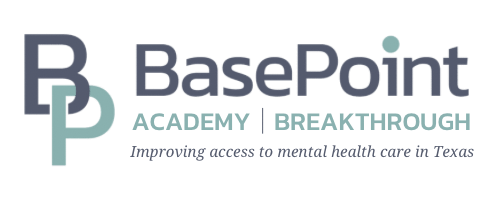






 can managed care healthcare company that offers clients and customers traditional and consumer-directed health insurance. The company was founded in 1853 in Hartford, Connecticut, and originally called Aetna Life Insurance Company. Today, the company has a wide range of products including individual and family plans, employer-sponsored plans, and Medicare Advantage and Medicaid plans.
can managed care healthcare company that offers clients and customers traditional and consumer-directed health insurance. The company was founded in 1853 in Hartford, Connecticut, and originally called Aetna Life Insurance Company. Today, the company has a wide range of products including individual and family plans, employer-sponsored plans, and Medicare Advantage and Medicaid plans. 
